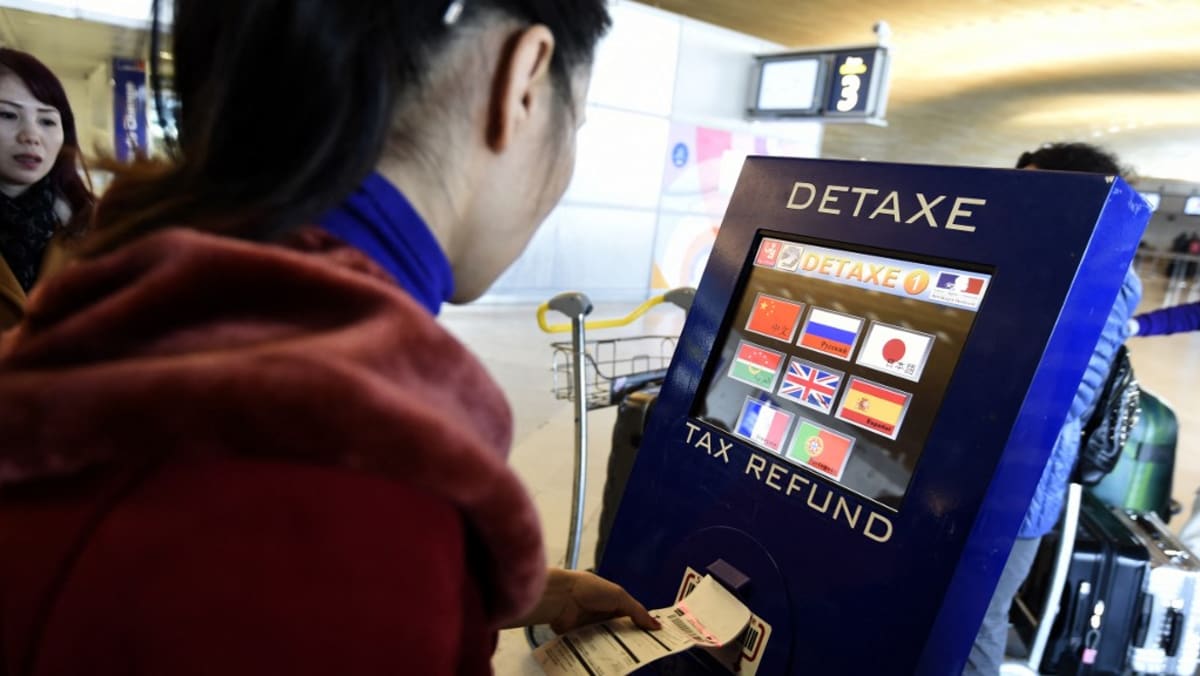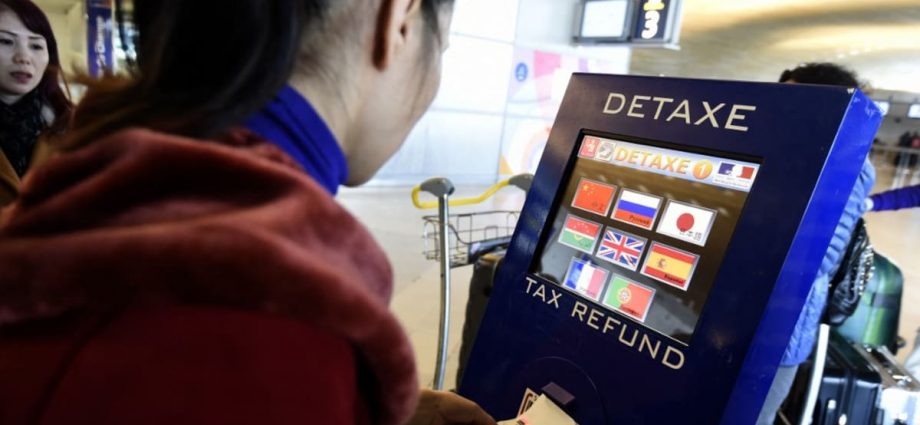
WHY DO PEOPLE STILL SPEND IF THERE’S NO VAT REFUND?
While some countries such as UK and the United States do not have tax refunds for tourists, there are multiple factors that appeal to tourists to do their shopping overseas – the novelty of the items, souvenirs for loved ones and affordability.
“(There) could be certain authentic items that are only available in specific countries, such as KitKats of certain flavours only found in Japan and not in the rest of the world … and souvenirs are often one of the most popular reasons for tourists to make purchases – either as memorabilia for themselves or (as) gifts for their loved ones back home,” said Assoc Prof Lau.
On Jan 17, the Singapore Tourism Board said the country’s tourism receipts are estimated to reach S$13.8 billion to S$14.3 billion for 2022 – about 50 to 52 per cent of 2019 levels.
In the first nine months of 2022, receipts came up to an estimated S$8.96 billion, with the top spenders hailing from Indonesia, India and Australia.
Assoc Prof Lau added that the ability to purchase products at a less expensive price due to favourable exchange rates is also part of the appeal.
According to Nikkei, duty-free sales in Japan to date in December 2022 have exceeded pre-COVID results for the same period at some stores. The country lifted the ban for individual inbound travellers in October.
The weaker yen is also driving up high-priced purchases by foreign tourists, it added.
Nikkei reported that duty-free sales in November 2022 at Takashimaya and four other high-end department stores rebounded to between 50 per cent and 90 per cent of sales in November 2019.
While favourable exchange rates may attract tourists to shop at places that do not offer tax refunds, Assoc Prof Lau said some research has shown that one of the top factors influencing shopping tourism is being able to enjoy value for money.
“Even if VAT refunds are not available, tourists will still buy if they see value in what they buy.
“Extending beyond this is the rarity of certain desirable products that cannot be purchased outside of particular countries – such cultural art and craft, luxury items, (and more).”
For places such as the UK, favourable exchange rates may still appeal to shoppers as the pound has fallen around 13 per cent between 2021 and 2022, said Prof Sum, who also noted that the UK VAT rate is 20 per cent.
A favourable exchange rate may not appeal to shoppers of branded products from Europe, especially in France, Germany and Italy if the countries do not offer VAT refunds, he added.
WHY DO YOU HAVE TO PAY GST ON PRODUCTS BOUGHT OVERSEAS?
One reason countries make residents pay GST upon returning home is to probably deter residents who purchase items overseas in bulk with the intention of making a profit by selling them at home, thus benefitting from the tax relief from the countries they have visited, said Assoc Prof Lau.
Travellers shopping for goods overseas may also have to contend with first paying GST or VAT in the country they travel to, and again when the same goods are brought or imported into Singapore, to the extent that the amount is not covered by the GST relief, said Assoc Prof Poh.
“Any GST refund that they can obtain overseas will alleviate the incidence of double taxation that they potentially face,” he added.
Some consumers may be deterred from shopping in countries with little or no tax refund, particularly for big-ticket items, said Assoc Prof Poh.
However, the cost of such a tax refund scheme cannot be accounted for in absolute terms, said Assoc Prof Lau.
“It depends on how much a country benefits from tourism spending versus the loss of VAT tax. It makes sense for countries that depends a lot on shopping tourism that will boost their local retail scenes such as Singapore, Japan and South Korea,” he added.

